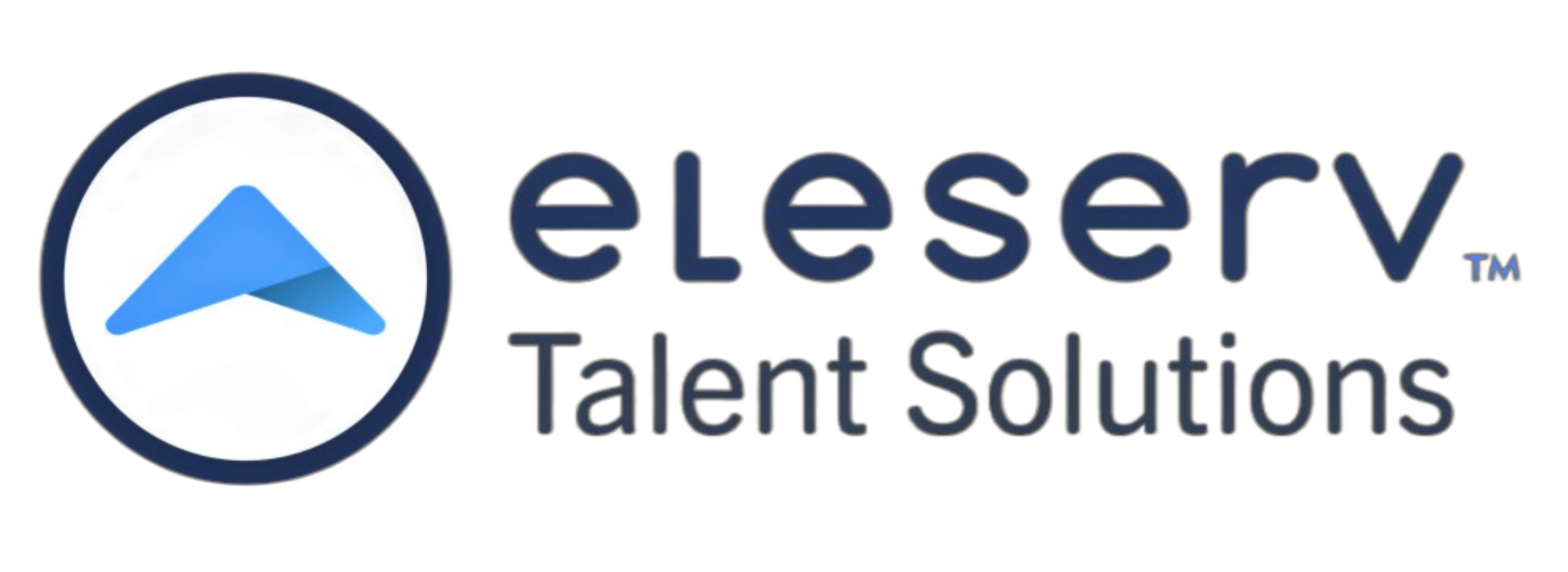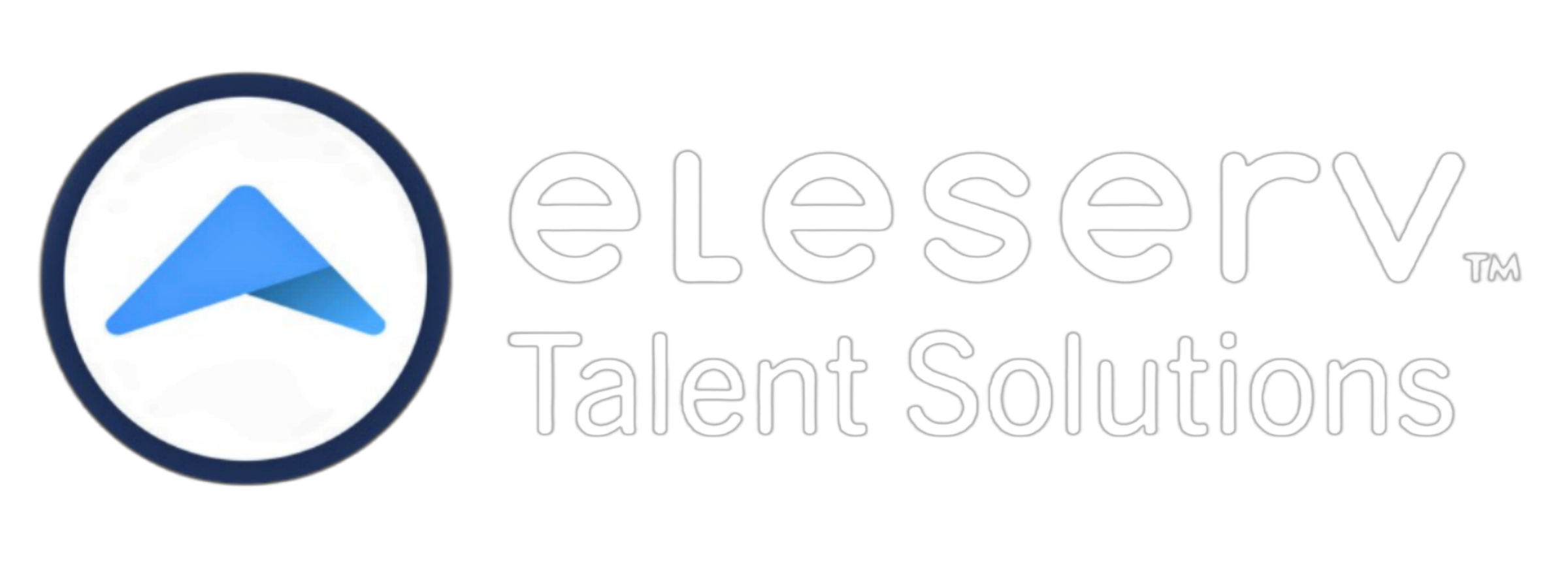Time Is Running Out: Make Skill Development a Strategic Priority
The skills gap is no longer a distant concern. It’s a present-day challenge affecting businesses across every industry. While many leaders continue to say their people are their most valuable asset, training and development are still among the first areas to face cuts when budgets tighten. This approach not only limits growth, but it also introduces risk.
The workplace is evolving at a rapid pace. Technological advancements, shifting business models, and evolving customer demands mean that roles are changing faster than job descriptions can keep up. Without a strategic approach to employee development, organizations are navigating blind, unprepared for the disruptions ahead.
At Eleserv, we believe the companies that prioritize skill development today are the ones that will lead tomorrow.
The Business Impact of Skill Development
Investing in employee development delivers real, measurable results. Research shows that companies with strong learning cultures are significantly more innovative, productive, and profitable than their peers. Structured training programs correlate with higher income per employee, and organizations that offer continuous learning enjoy longer employee tenure and lower turnover costs.
Skill development isn’t just about retaining talent, it’s about improving overall business performance. When organizations provide employees with opportunities to grow, they foster a culture of engagement, accountability, and innovation. On the other hand, when growth is lacking, attrition becomes inevitable, often at a steep cost to productivity and morale.
Companies with strong learning cultures are 92% more likely to innovate, 52% more productive, and 17% more profitable
— Bersin by Deloitte
Time Is Not on Your Side
According to the World Economic Forum, nearly half of workers’ core skills are expected to be disrupted within the next two years. Yet many employees already feel unequipped to meet current job demands. This gap between what employees can do and what the business needs them to do is widening—and ignoring it leads to costly consequences.
Waiting to address skill gaps until a problem arises is no longer viable. The costs of delayed action include higher recruitment expenses, longer onboarding timelines, and missed innovation opportunities. The longer organizations wait, the more expensive and difficult it becomes to catch up.
Shifting the Questions Leaders Should Ask
The conversation around employee development needs to shift from “Can we afford to invest in skills?” to “What is the cost of not doing so?” Forward-thinking organizations are asking whether they have visibility into current skill gaps, whether their managers are equipped to lead development conversations, and how they are preparing for future roles that don’t yet exist.
Turnover due to lack of growth costs you 33% of an employee’s salary
— Work Institute, 2023 Retention Report
These are the types of questions that drive strategic, sustainable talent development.
Eleserv's Role in Closing the Gap
At Eleserv, we help organizations adopt a skills-first approach from the start—before a candidate ever joins your team. Our assessment platform enables you to evaluate a candidate’s actual capabilities, not just what’s listed on a resume. This ensures you're hired based on verified skills, uncovering potential gaps before they impact team performance, and setting new hires up for success from day one.
For ongoing employee development, we partner with Skill Director to offer access to the Critical Skills platform, a powerful tool that enables real-time self-assessments, personalized learning paths, and manager visibility into team skillsets. This platform empowers your workforce to take ownership of their growth while giving leadership the insights needed to prioritize and close key skill gaps across the organization.
Together, these tools move beyond surface-level training. They create a clear, data-informed strategy to strengthen hiring, accelerate development, and build resilient teams ready to meet the demands of tomorrow’s workplace.
A Strategic Imperative
The skills gap is more than a talent issue, it is a business risk. Organizations that embed skill development into their strategic priorities are not only better positioned to retain top talent, but also more capable of navigating change, driving innovation, and achieving long-term growth.
Skill development is no longer optional. It’s essential for business performance. And the time to act is now.


